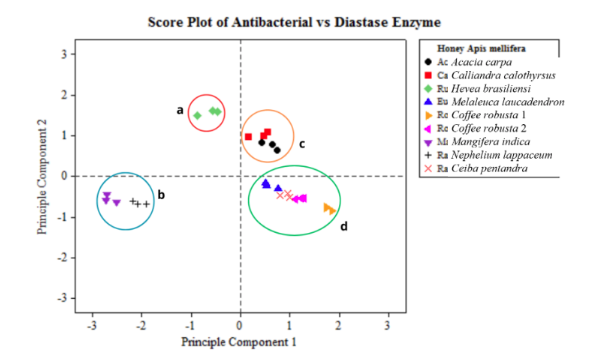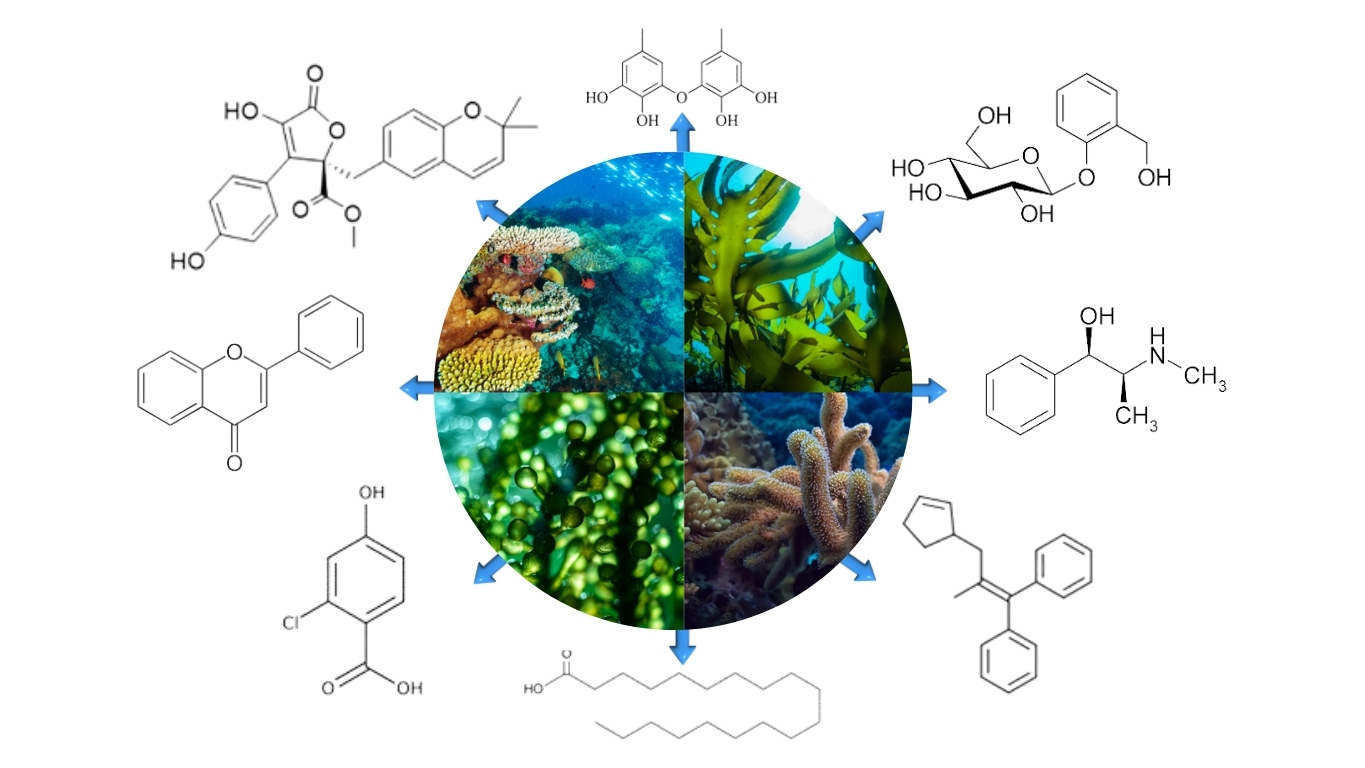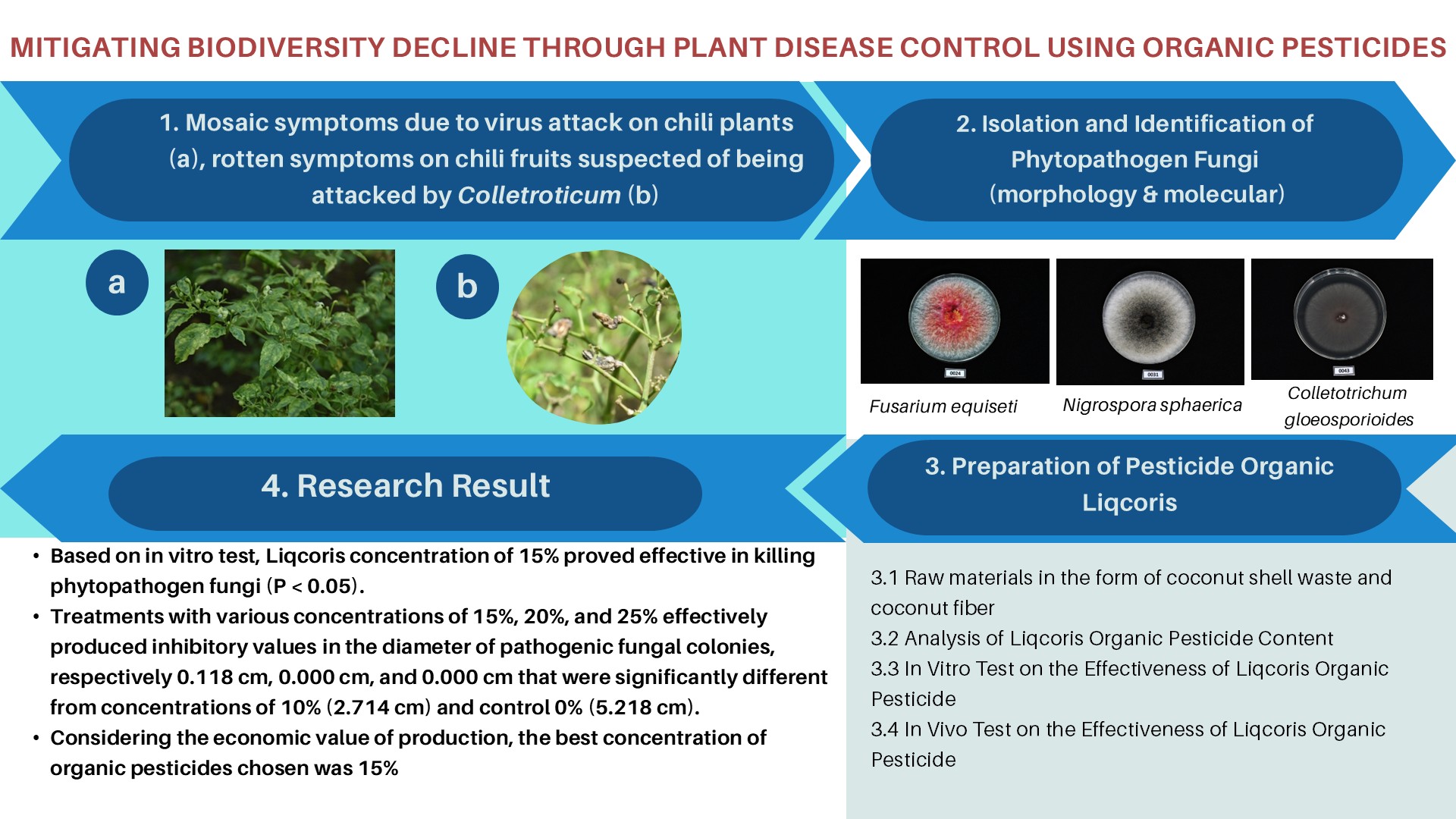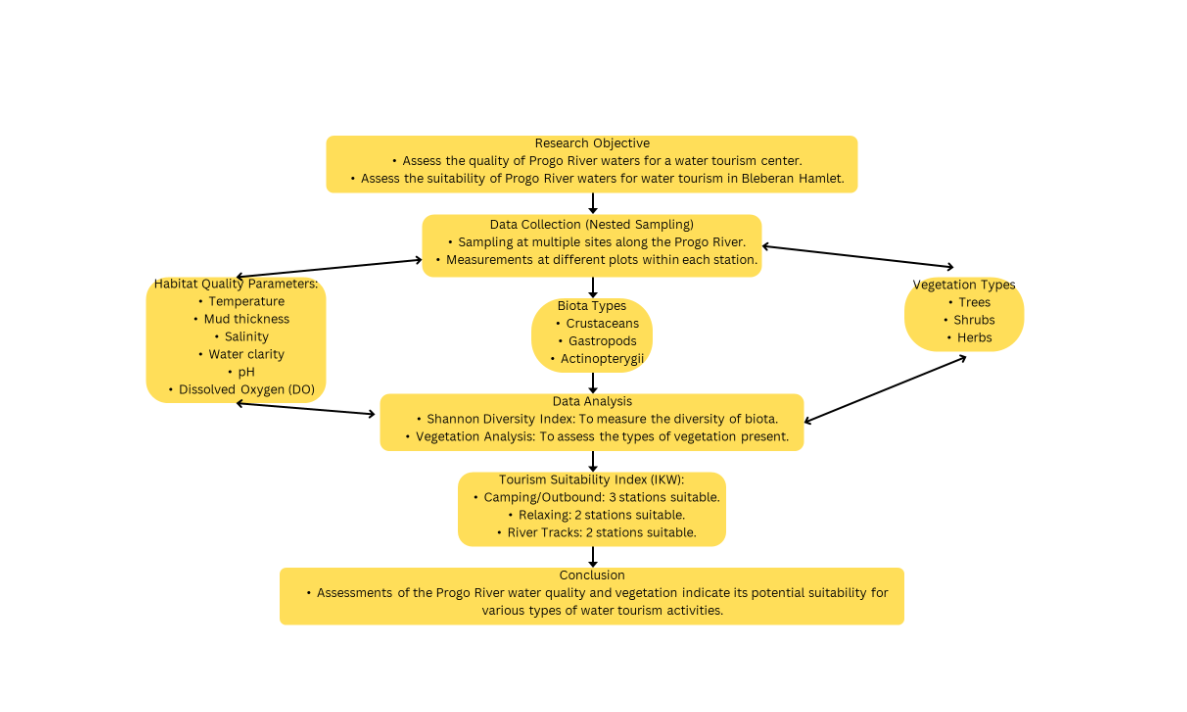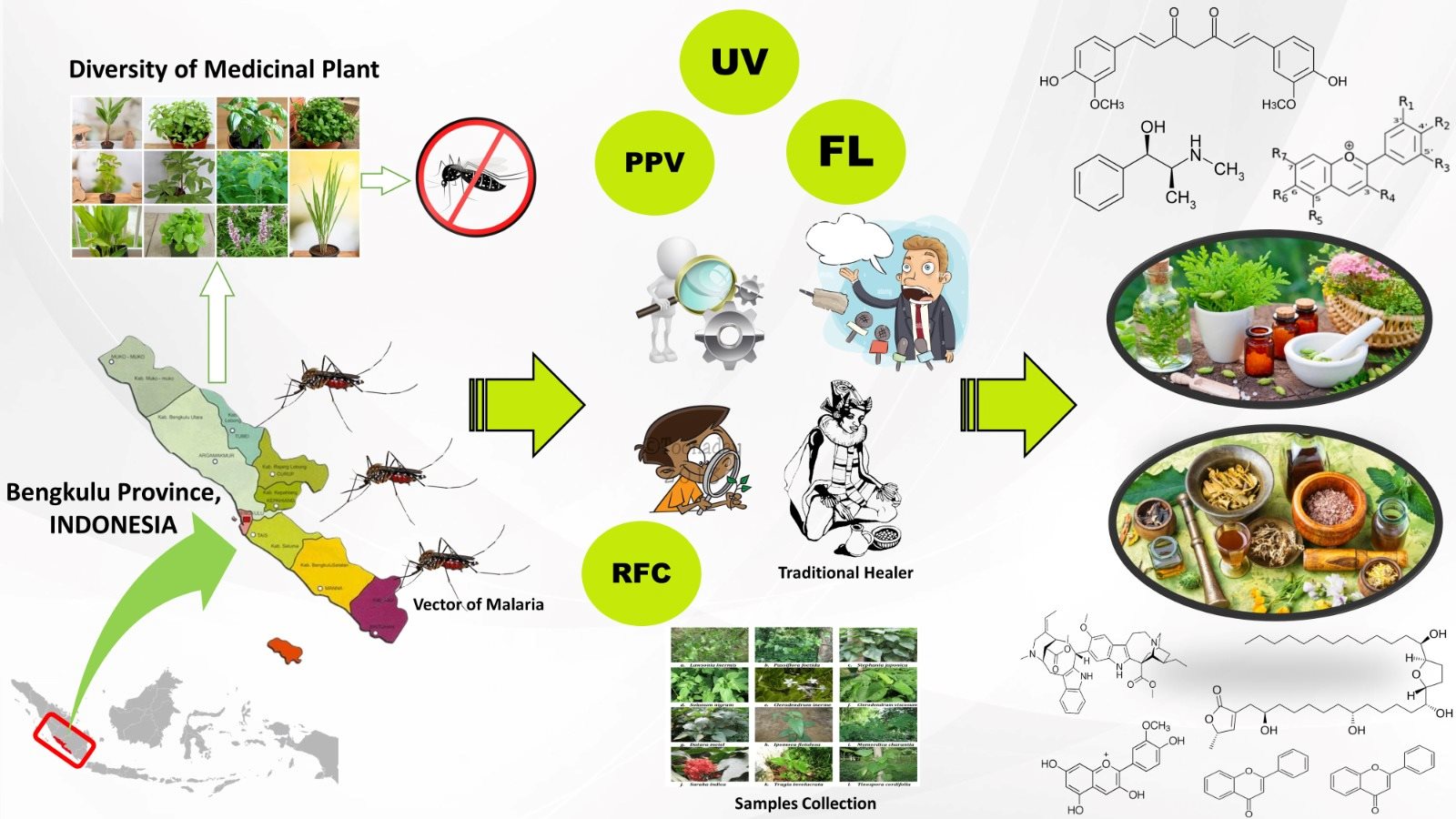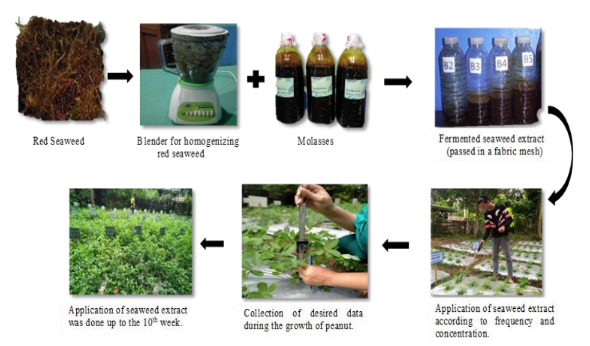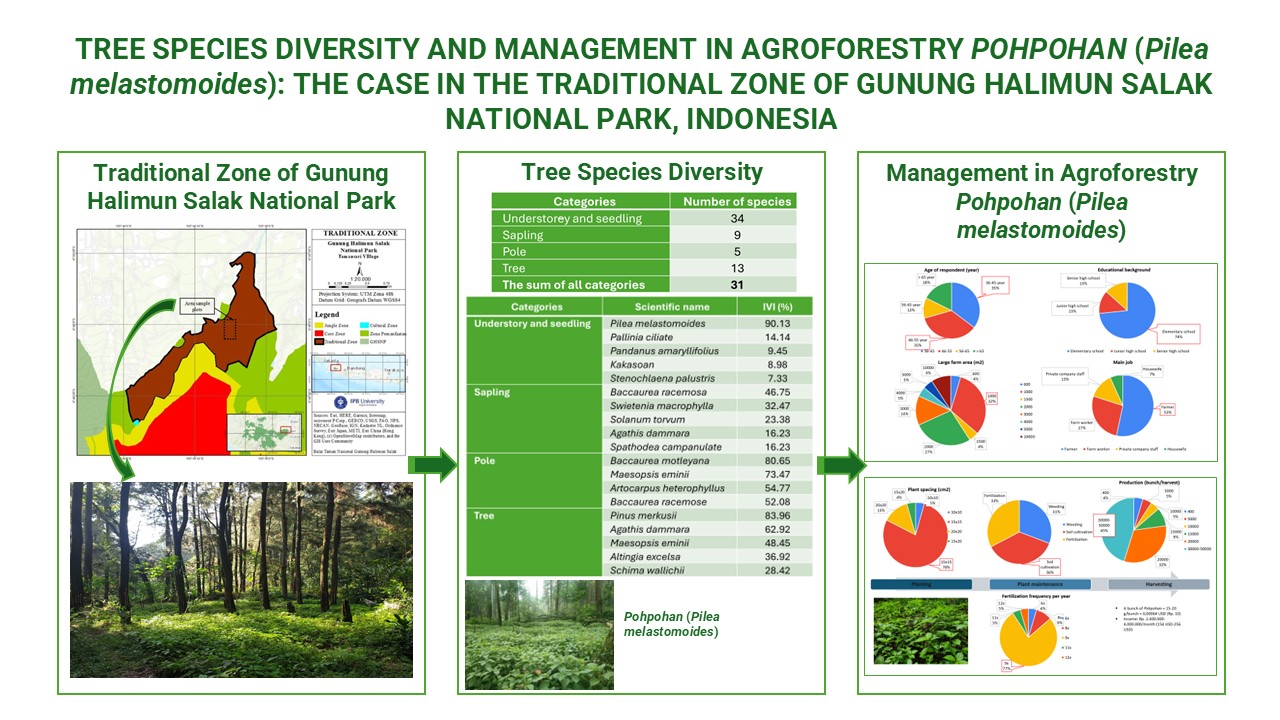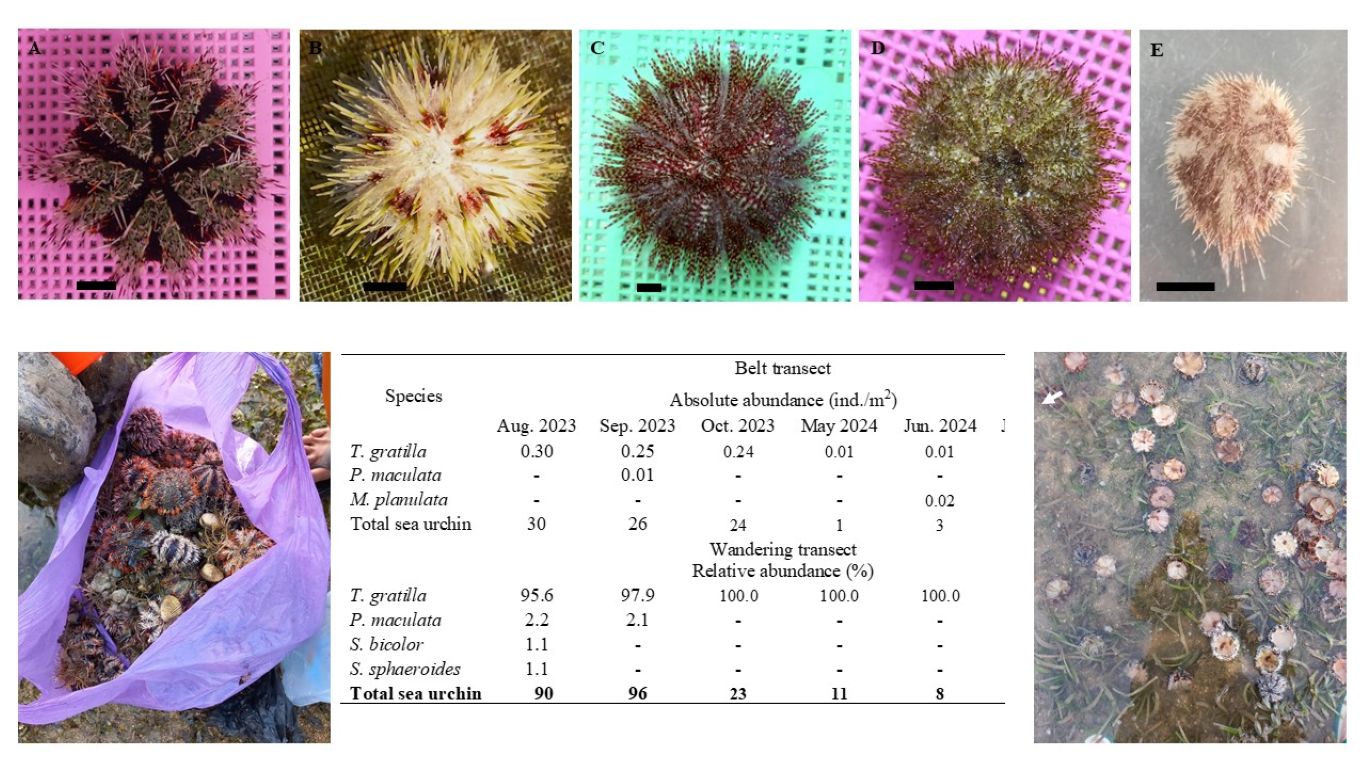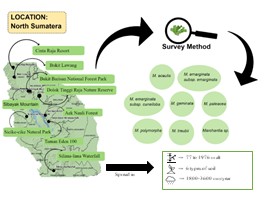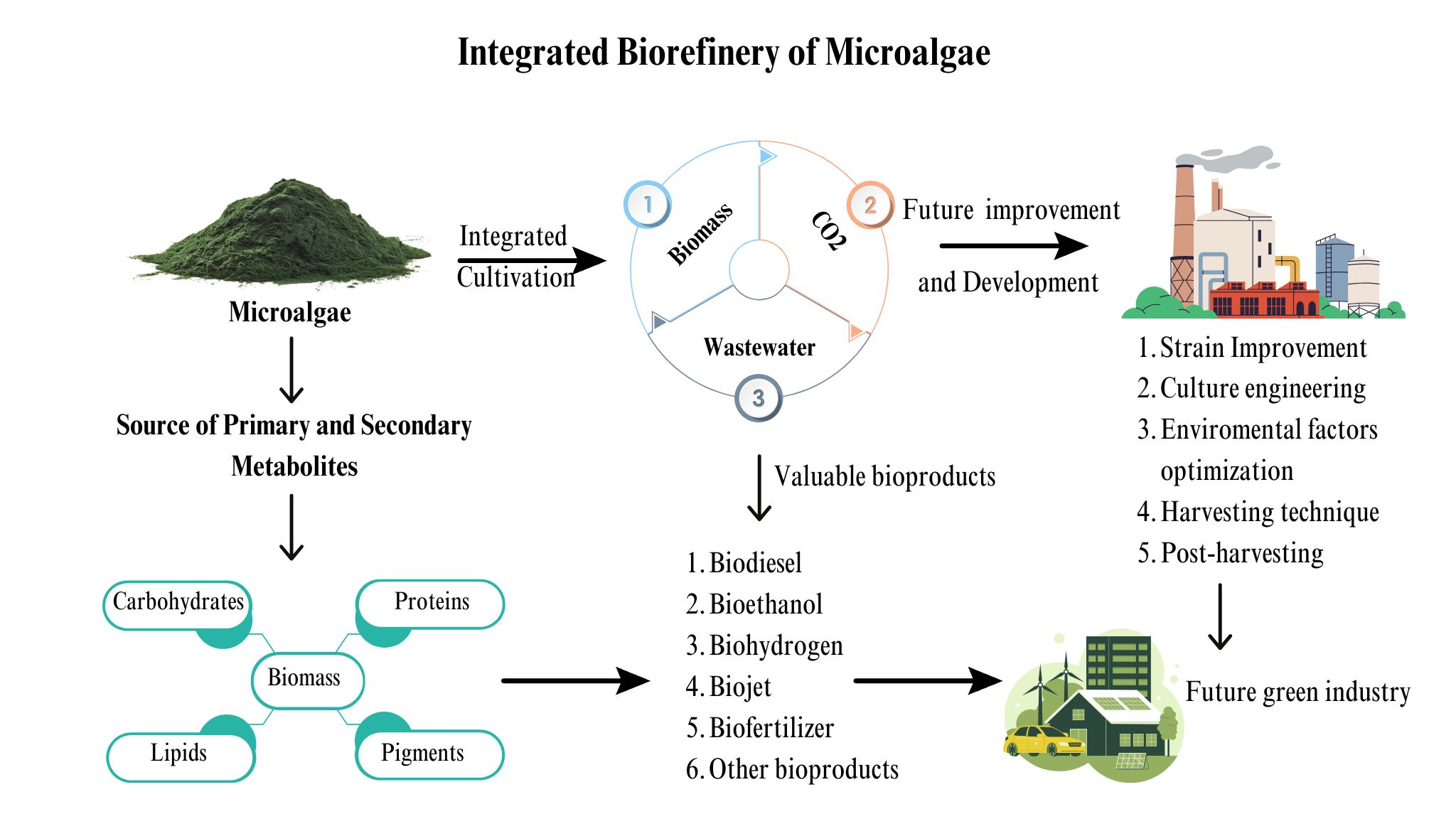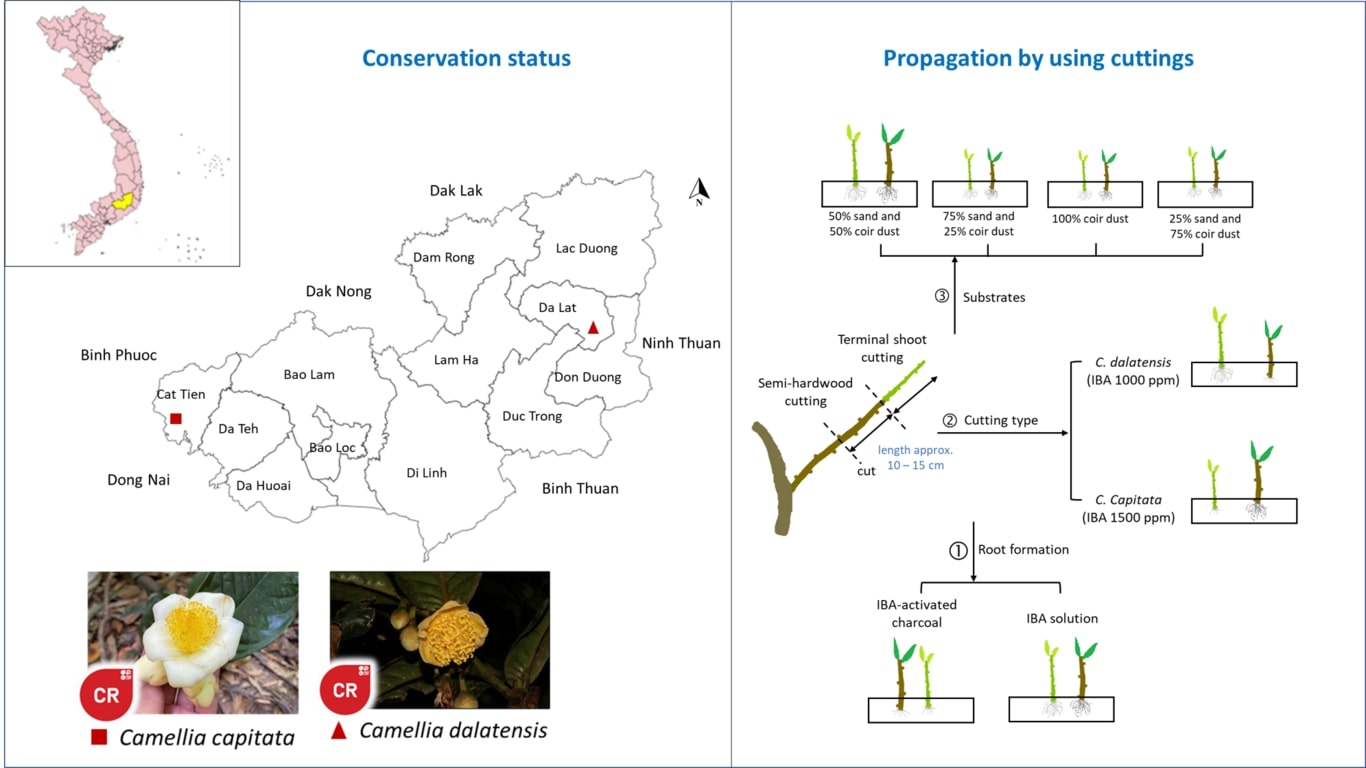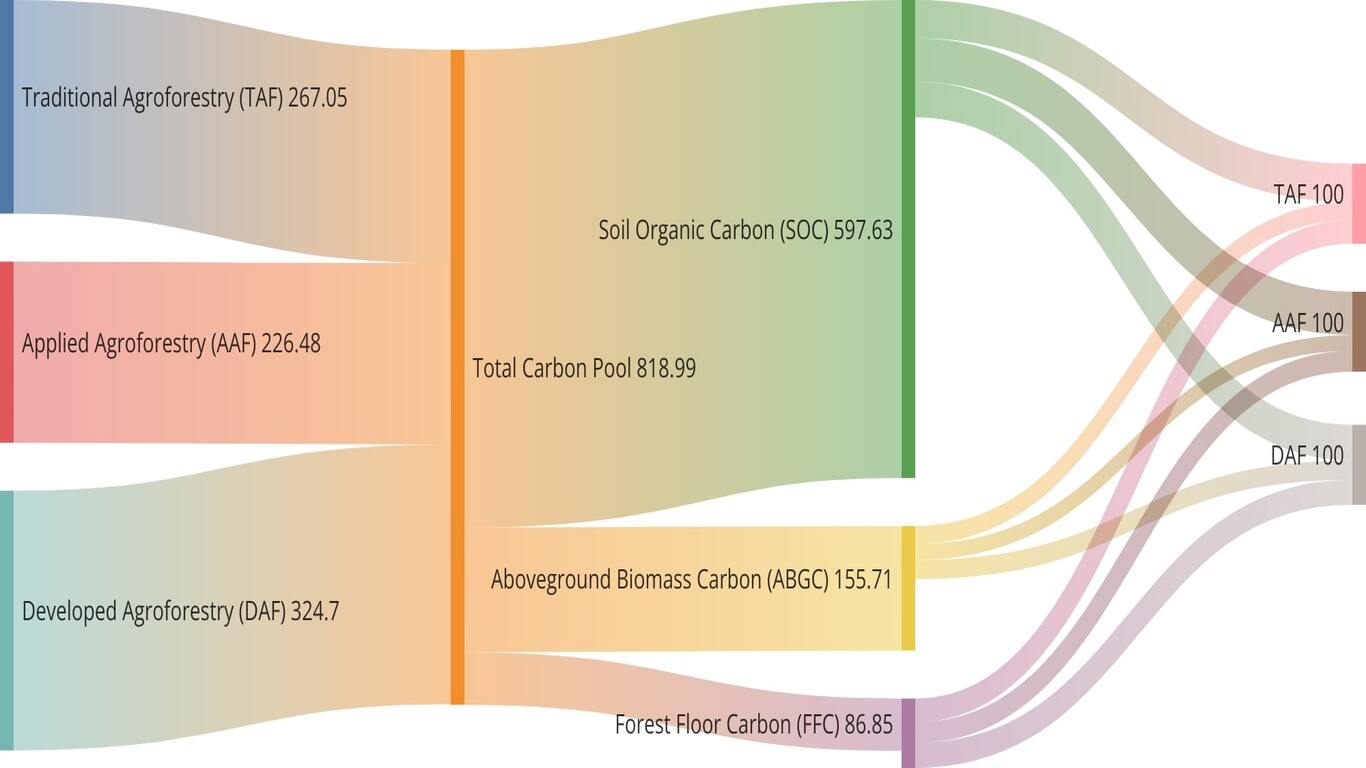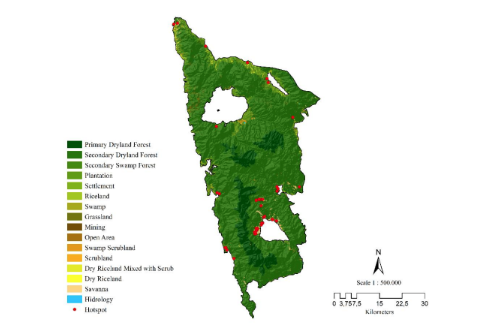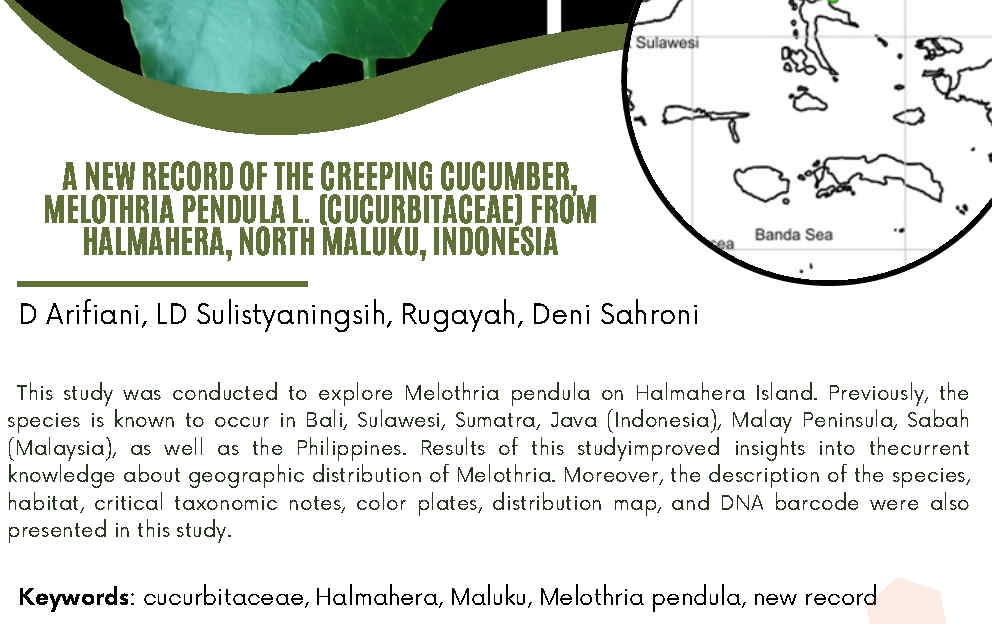GENOTYPIC AND PHENOTYPIC CHARACTERIZATION OF Alcaligenes javaensis JG3 POTENTIAL AS AN EFFECTIVE BIODEGRADER
Downloads
Utilization of glycerol by lipase producing bacteria offers great benefits for fat and oil waste degradation and waterwaste treatment. Nevertheless, there have been lack of reports about the availability of non-pathogenic, lipase producing bacteria, which could naturally degrade glycerol produced from the lipolysis process by lipase. This study reported a newly identified species of rhizobacteria, Alcaligenes javaensis JG3, which is not only able to produce high level of lipase, but also able to degrade glycerol molecules. Identification of strain JG3 was carried out using SEM (Scanning Electron Microscope), BD Phoenix 100 Automated Microbiology System and 16S rRNA gene analysis to determine its taxonomy status. The ability of the strain to metabolize glycerol was investigated both genotypically and phenotypically using degenerate PCR and a glycerol minimal medium. Identification test results showed that strain JG3 belongs to genus Alcaligenes, with the closest relationship with A. faecalis and A. aquatilis (96% nucleotide similarity maximum). Degenerate PCR resulted in a 248-bp sequence showing 93% similarity with glpK of Candidatus Sodalis pierantonius SOPE, a key gene involved in glycerol metabolism. In vitro glycerol utilization test result showed that Alcaligenes sp. JG3 was able to grow on glycerol aerobically, but not anaerobically. It is concluded that Alcaligenes sp. JG3 possesses genes coding for glycerol metabolism and this trait is phenotypically expressed, thus making the strain potential to be used as an effective fat and oil biodegrader.
Downloads
Authors who publish with this journal agree with the following terms:
- Authors retain copyright and grant the journal right of first publication, with the work 1 year after publication simultaneously licensed under a Creative Commons attribution-noncommerical-noderivates 4.0 International License that allows others to share, copy and redistribute the work in any medium or format, but only where the use is for non-commercial purposes and an acknowledgement of the work's authorship and initial publication in this journal is mentioned.
- Authors are able to enter into separate, additional contractual arrangements for the non-exclusive distribution of the journal's published version of the work (e.g., post it to an institutional repository or publish it in a book), with an acknowledgement of its initial publication in this journal.
- Authors are permitted and encouraged to post their work online (e.g., in institutional repositories or on their website) prior to and during the submission process, as it can lead to productive exchanges, as well as earlier and greater citation of published work (See The Effect of Open Access).









